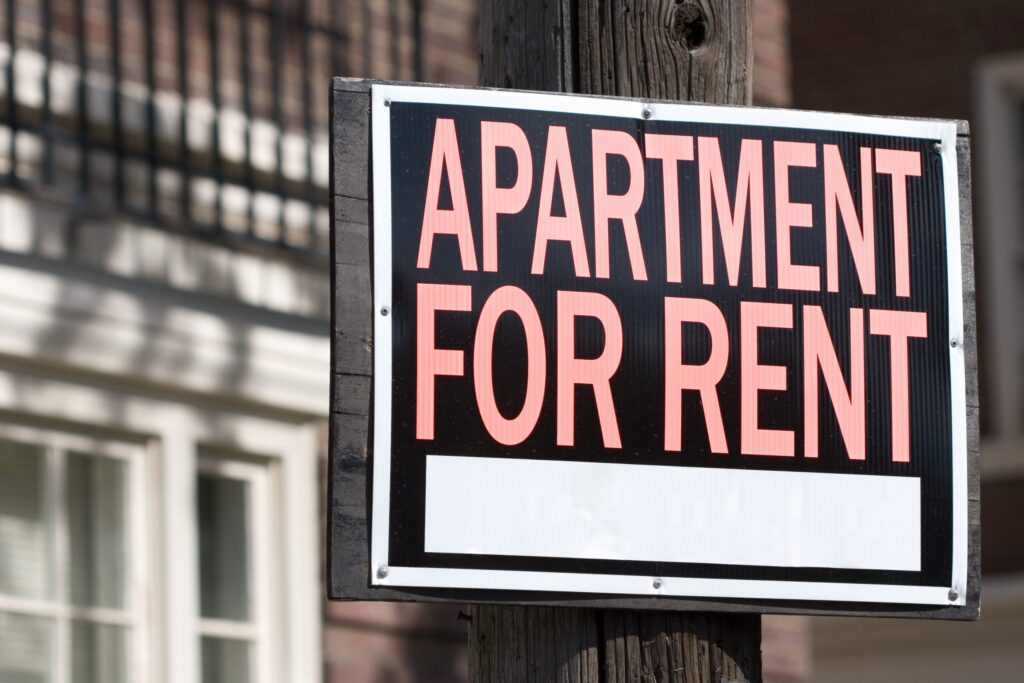Can’t make rent this month? First: breathe. You’re not the only one who’s been here, and there are ways to handle it without spiraling. Whether you’re short by a little or a lot, here’s how to navigate the situation and avoid bigger problems down the road.
1. Can you work something out with your landlord?
This is the big one: don’t go silent. The earlier you communicate, the more options you may have. Be honest about your situation, and let them know when and how much you think you can pay. Many landlords would rather work something out than go through the hassle of eviction.
Tip: propose a partial payment or short-term plan if that’s realistic.
2. Does your lease have any flexibility?
Dig up your lease agreement and check for things like:
- Grace periods
- Late fee details
- Rent due dates
Even a few extra days can buy you time to figure things out—and knowing your rights gives you confidence in the conversation.
3. Are you eligible for a rent assistance program?
There may be programs in your city, county, or state that offer emergency rental help—especially for people dealing with income loss, illness, or hardship. This could come from local nonprofits, religious organizations, or government agencies.
It might take a few phone calls, but even a little assistance can keep things from snowballing.
4. Can you arrange a payment plan?
If you can’t pay everything now, try negotiating a payment plan. For example: “I can pay half this week and the rest next payday.” This shows good faith—and gives your landlord a reason to work with you instead of against you.
5. Should you use your credit card?
It’s tempting to swipe your credit card or take out a payday loan to stay afloat, but those “quick fixes” often lead to bigger money problems. Exhaust all other options first—like community help or talking to friends and family—before going into debt that’ll follow you for months.
6. Should you talk to a financial counselor?
If you’re feeling stuck or overwhelmed, a financial counselor can help you figure out a game plan, prioritize your bills, and maybe even reach out to your landlord on your behalf. It’s never a bad idea to get a second set of eyes on your budget.
7. Do you know your tenant rights?
Every state has different rules around late rent, notices, and eviction timelines. Take a minute to understand your local tenant laws so you know what landlords can—and can’t—do. Information is power, especially when you’re trying to stay housed.
TL;DR: your rent game plan
- Communicate early and honestly with your landlord
- Review your lease for any built-in flexibility
- Check for local rental assistance options
- See if a payment plan could work
- Avoid debt traps like payday loans if you can
- Consider financial counseling for extra support
- Know your tenant rights and protections
Falling behind on rent is tough, but taking action early makes a big difference. The sooner you face it, the more options you’ll have—and the easier it’ll be to move forward.










